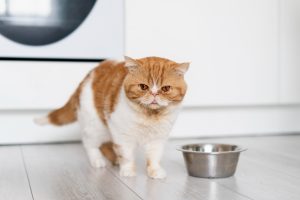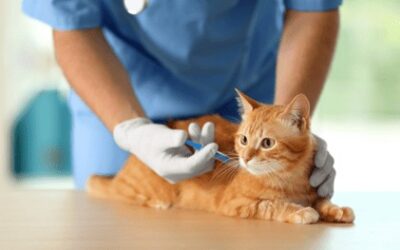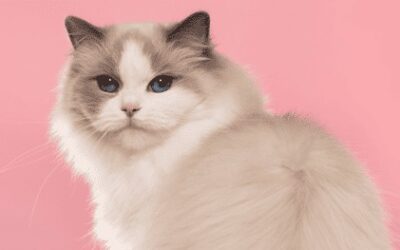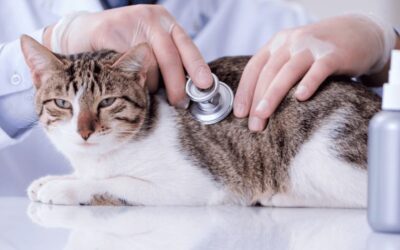Why Is My Cat Drooling So Much?
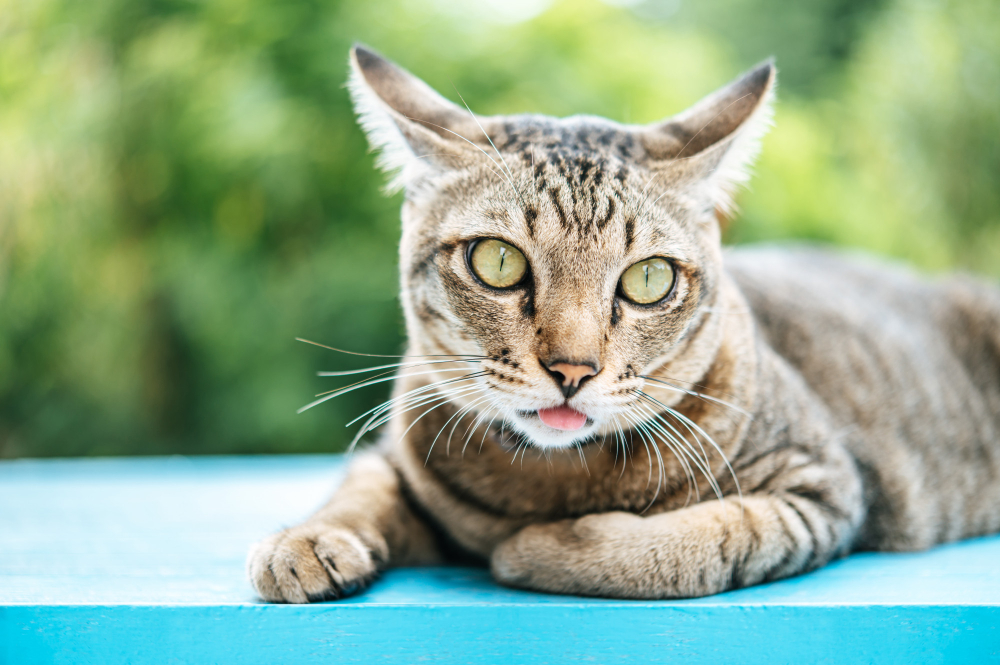
Cats are known for their grooming habits and typically clean demeanor, so noticing your feline drooling can be puzzling. Just like preparing your home for new visitors can help reduce anxiety in cats, understanding the causes of drooling and how to manage it can help create a more comfortable environment for your cat.
Drooling, or hypersalivation, in cats, is the excessive flow of saliva, and while some instances are normal, persistent drooling could signal a problem. Let’s dive into the possible reasons behind your cat’s drooling and how to keep them comfortable and calm.
Normal vs. Abnormal Cat Drooling
Before addressing why your cat may be drooling, let’s distinguish between normal and abnormal amounts of drooling.
Normal drooling is mild and often occurs in specific situations, such as:
- When anticipating food or treats
- During play or excitement
- While being petted or groomed, particularly around the face or chin
- When relaxed or content, like purring or during naps
On the other hand, abnormal drooling is persistent and often linked to other symptoms, such as:
- Lethargy or a lack of energy
- Loss of appetite or difficulty swallowing
- Pawing at the mouth or visible discomfort
Common Causes of Cat Drooling
Here are some potential reasons your cat may be drooling, along with tips for creating a stress-free environment from vets:
Dental Issues
Dental problems, such as gum disease or tooth decay, can cause discomfort. Dr. Mike Paul, DVM, says: “As many as 85% of cats over 3 years of age have tooth or gum disease. The saliva that results may be blood-tinged or smell unpleasant.” Also, watch for additional symptoms like bad breath or difficulty eating.
Oral Injuries or Foreign Objects
If your cat has an oral injury or a foreign object stuck in their mouth, drooling may be a response to discomfort. Similar to how everyday household objects can be hazardous, foreign objects in a cat’s mouth can lead to irritation.
Dr. Mike Paul, DVM, emphasized that excessive drooling in cats may be caused by oral cancers, which indicates that your cat should have a complete examination by your veterinarian, with particular emphasis on oral conditions.
Nausea or Motion Sickness
Cats may become nauseous for various reasons, such as ingesting something disagreeable (plants like lilies or household items such as string or tinsel), certain medications, or during car rides or other forms of transportation.
Respiratory Issues
Respiratory problems, such as upper respiratory infections, asthma, or allergies, can cause excessive drooling in cats. This is because the inflammation or obstruction in the airways can make it difficult for the cat to swallow properly, leading to saliva accumulation and drooling.
Organ Dysfunction
Amy Flowers, DVM, emphasizes that due to pets’ age, they’re more likely to develop liver and kidney failure, which can cause drooling in cats. She suggests annual check-ups as a sort of prevention.
Poisonous Plants
The American Society for the Prevention of Cruelty to Animals (ASPCA) has reported that toxic plants such as tulips, azaleas, and chrysanthemums can make your cat drool. Read this article for a list of plants that are not toxic to your pet.
Heatstroke or Dehydration
Heatstroke or dehydration is a cat’s body’s attempt to cool down and maintain proper hydration levels. So, always provide plenty of water and keep your cat in a cool, shaded area.
Toxin Exposure
Exposure to certain toxins, such as household cleaners or pesticides, can cause this health issue in cats.
Stress or Anxiety
Stressful situations, such as changes in the environment, new pets, holiday excitement, or loud noises, can trigger drooling as a coping mechanism. Creating a calm space can alleviate stress.
Cat Drooling During Specific Situations
Sometimes, drooling is related to everyday activities such as petting, purring, and sleeping.
During Petting Sessions
Drooling during petting is often a sign of contentment, similar to how some cats feel relaxed in a cozy space during overwhelming times. If this behavior is occasional, there’s likely no cause for concern, but monitor for other health issues.
While Purring
Cats sometimes drool while purring due to muscle relaxation, just as they might in a calm environment with soothing music.
During Sleep
Just as a cat might retreat to a quiet area to nap during loud celebrations, some cats drool while sleeping. This is due to muscle relaxation during deep sleep and is usually normal unless accompanied by distressing symptoms.

